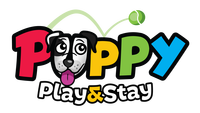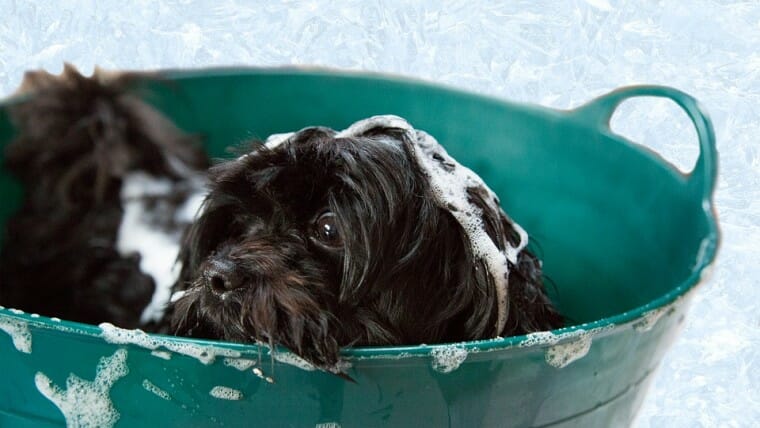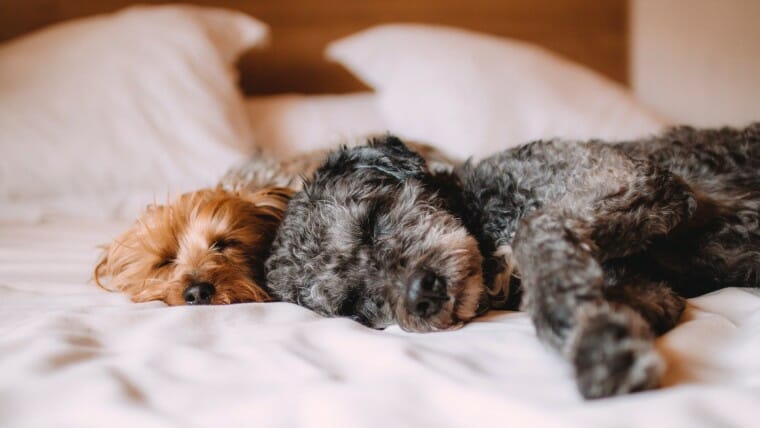Tackling Common Puppy Problems: Essential Training Tips for New Owners
Bringing a new puppy into your home is an exciting adventure, but it often comes with its share of behavioral challenges. Understanding and addressing these issues early on can set your puppy up for a lifetime of good behavior. Here’s a guide to some common puppy problems and effective training tips to help you manage them.
House Training Hiccups
House training is one of the first challenges new puppy owners face. Accidents are normal, but consistency is key. Establish a regular feeding schedule to predict when your puppy will need to go outside. Take them out frequently, especially after meals, naps, and playtime. Praise and reward them immediately after they go outside to reinforce the behavior. If accidents occur, clean them thoroughly with an enzymatic cleaner to eliminate odors and prevent repeat offenses.
Chewing and Biting
Puppies explore the world with their mouths, which can lead to chewing on furniture, shoes, or even your hands. Redirect their chewing to appropriate toys and provide plenty of chew items to keep them occupied. When biting during play, yelp or say “ouch” to signal that it’s too hard, and immediately stop playing to show that rough play leads to the end of fun. Consistency is crucial in teaching your puppy that gentle play is acceptable.
Separation Anxiety
It’s common for puppies to experience separation anxiety when left alone. To ease this, start by leaving your puppy alone for short periods and gradually increase the duration. Provide them with engaging toys or puzzle feeders to keep them occupied while you’re away. Avoid making a big fuss when leaving or returning home to prevent creating anxiety around departures and arrivals.
Excessive Barking
Puppies may bark excessively due to boredom, anxiety, or attention-seeking. Ensure your puppy receives adequate physical exercise and mental stimulation throughout the day. If barking is due to a specific trigger, address it by gradually desensitizing your puppy to the stimulus. For attention-seeking barking, avoid rewarding the behavior with attention. Instead, wait for a moment of quiet and then give praise or treats.
Jumping Up
Puppies often jump up on people as a form of excitement or greeting. To curb this behavior, teach your puppy to sit on command and reward them for sitting calmly when greeting people. Consistency is important; ensure everyone in your household follows the same training approach. If your puppy jumps up, turn away and only give attention when all four paws are on the ground.
Leash Pulling
Training your puppy to walk nicely on a leash can be challenging. Use positive reinforcement to encourage loose-leash walking. When your puppy pulls, stop walking and only continue when the leash is slack. Reward them with treats and praise when they walk beside you. Incorporate short, frequent walks to build good leash habits gradually.
Visit Your Friends at Puppy Play and Stay
Understanding and addressing common behavioral issues early in your puppy’s life can prevent more significant problems down the road. Consistency, patience, and positive reinforcement are your best tools in shaping a well-behaved companion. By tackling these common issues with effective training strategies, you’ll set a strong foundation for a happy, well-adjusted puppy and a harmonious home. When you’re ready, come visit your friends at Puppy Play and Stay for daycare or boarding! Contact us today.


